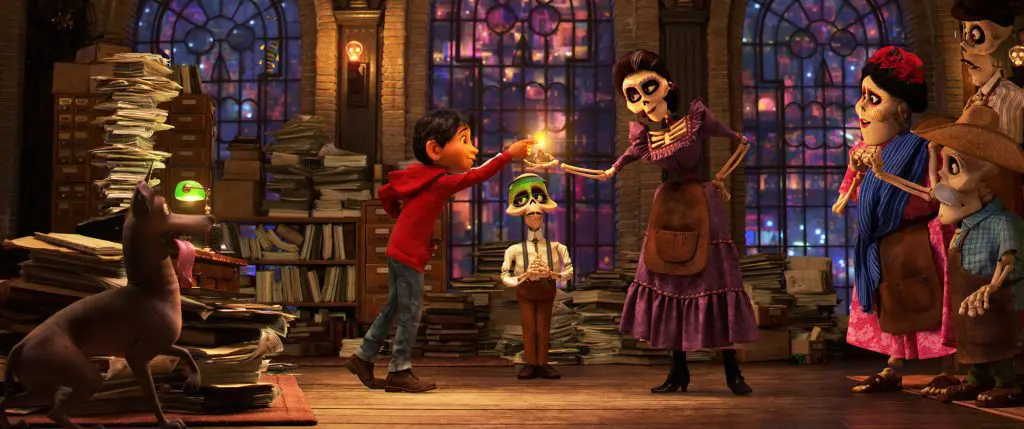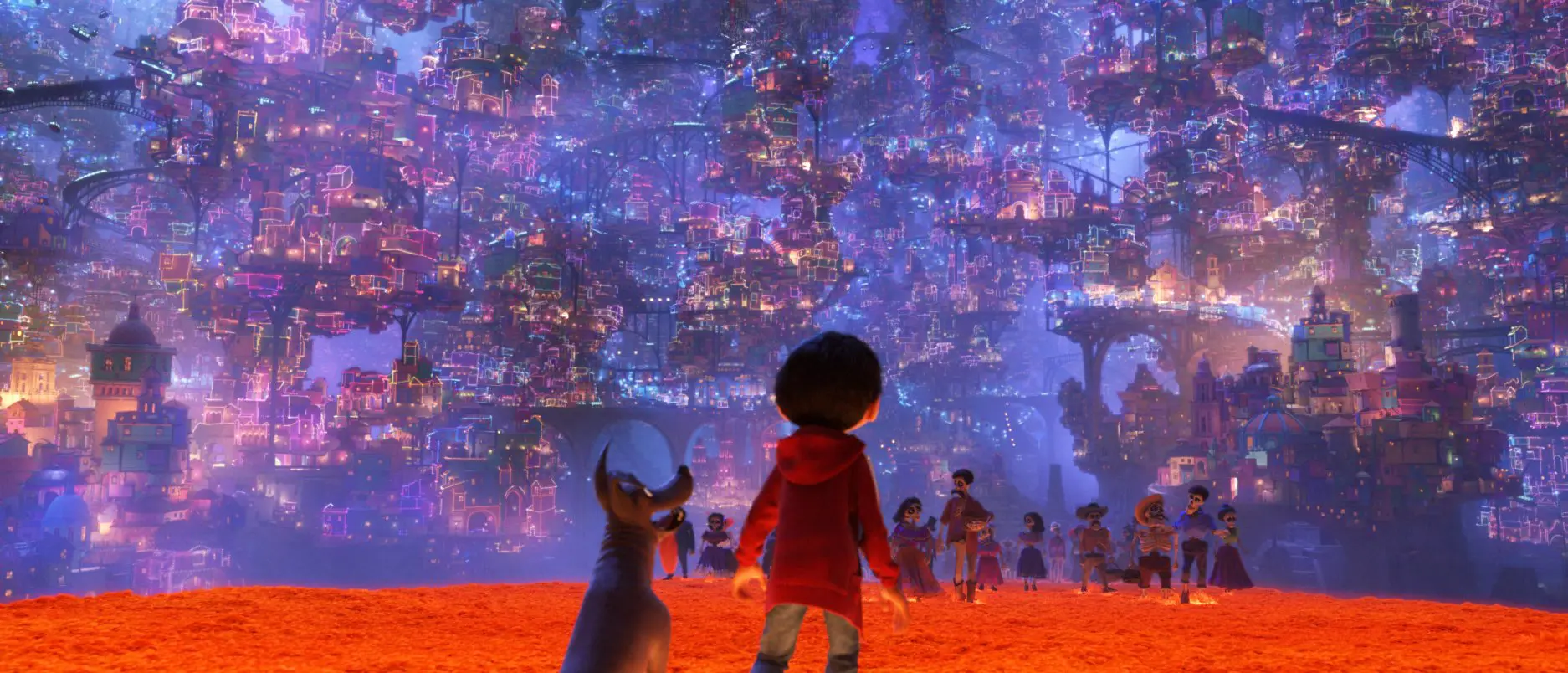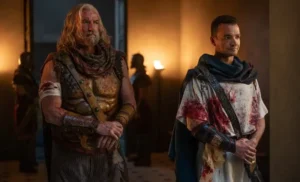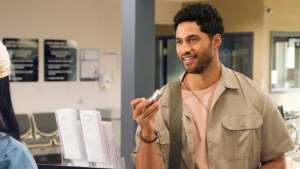Coco follows a young boy, Miguel (Anthony Gonzalez), on the Dia de Los Muertos (Day of the Dead), as he hopes to follow his dreams of playing music just like the famed Ernesto de la Cruz. Unfortunately, his family stands vehemently against music of any kind because Miguel’s great-great-grandfather was a musician who abandoned his family in search of fame.
Miguel plans to sneak out while his family celebrates, removing a photograph from their ofrenda (the family shrine) and stealing de la Cruz’s famed guitar in the process, hoping to use it in a competition. This act sends him into the land of the dead (guided by a delightful sidekick, a dog named Dante) where he must learn the meaning of family and put things right.
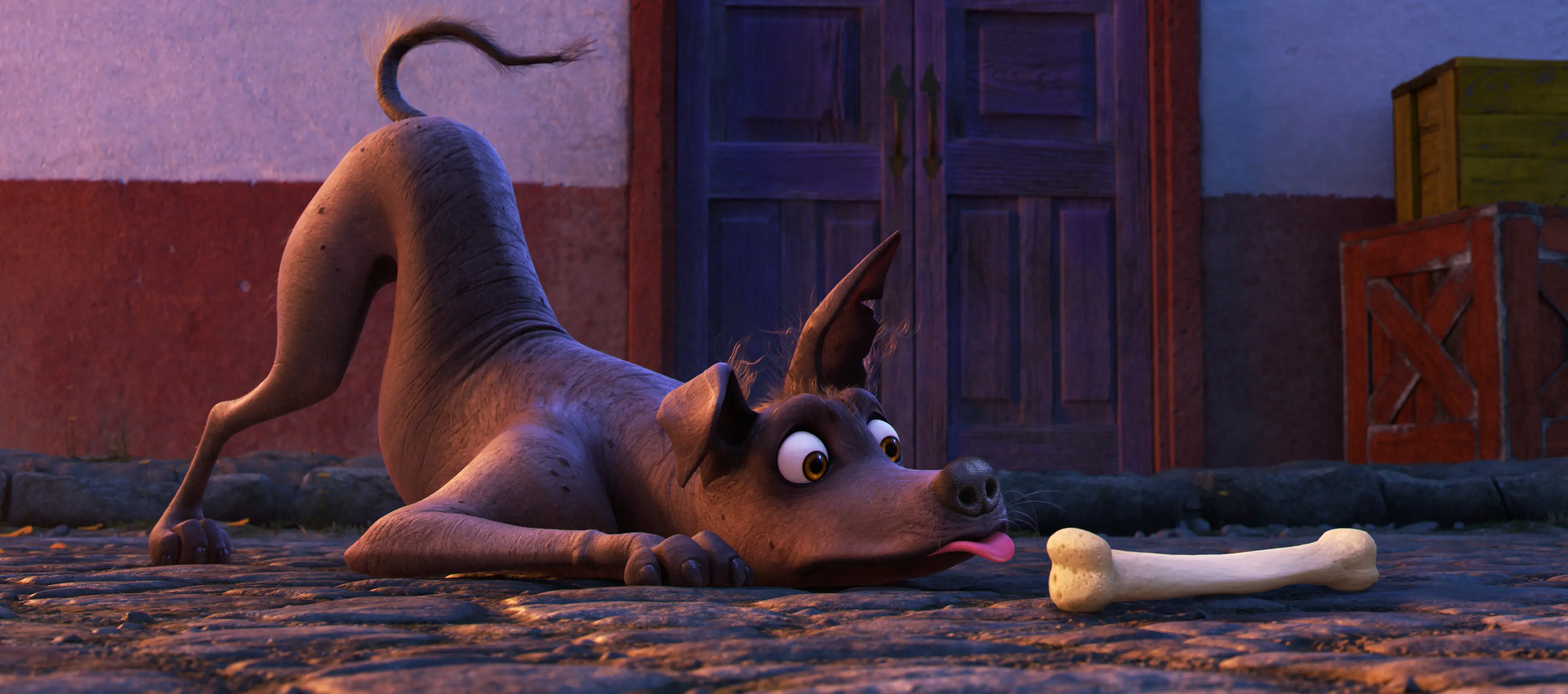
What’s Coco trying to say?
As far as I’ve studied in my Spanish language and Hispanic history/culture classes in university, Coco’s depiction of Dia de los Muertos seems quite accurate. Furthermore, I really applaud the Pixar filmmakers for intentionally and thoroughly incorporating Spanish throughout the film in both dialogue and song. The family dynamic rings pretty true. Albeit with the heightened exaggeration of removing all traces of music from sight and mind. Yet that is precisely what works so well. There is a deep wound within the Coco family, and Miguel isn’t eager to pursue a grudge that he did not himself experience.
This whole film plays on the audience’s heartstrings, as Miguel struggles with respecting his family. Whom he truly does love, and finding his place in this world. He longs to play music, but it’s not that stereotypical yearning to leave a place he hates in favor of a pipe dream of adoring fans. It’s about pursuing his passion. It felt genuine, and it was certainly moving. His family loves him and wants what’s best for him. They’ve just been wounded and don’t know how to move on. They’re stuck in that old framework of pain, and Miguel needs to find a way out of that cycle and bring his family with him. So, to do this, he quests through the land of the dead to obtain a blessing from an ancestor that will set things right.
Along the way, we’re treated to gorgeous animation and enjoyable music; particularly noteworthy is the score by the always-spot-on Michael Giacchino.
What sets this apart from all the other Disney Pixar films?
As expected, for the bar has been set seriously high by others in the long line of Pixar films, Coco is an exquisitely animated film. The colors are vibrant and detail upon detail pervades every nook and cranny of the screen.
You could make many close comparisons with Brave for its messages about putting family before self, but what Coco accomplishes with more finesse is establishing a reason for Miguel’s family to shift to his point of view. He doesn’t accidentally turn his mother into a bear or get the better of his grandmother; he actually gets to the heart of the wound and strives to heal it, rather than win. In this way, Coco does a better job than many of its predecessors.
What’s more, this deals with a young boy coming to terms with who he is and who his family actually is. He learns that his family is more than their fears and prejudices. Along his journey, he learns more and more about what makes a family and how we deal with pain and heartbreak. We must remember those closest to us, lest we forget the past and doom ourselves to repeat it. But that mantra is flipped on its head in Coco. It’s not about committing past mistakes again, but about learning that it’s our motivations that keep things from being mistakes. Just because Miguel wants to become a singer doesn’t mean he’ll abandon his family once again. In fact, this desire will ultimately bring his family together.
My one criticism is that the twists are rather predictable; nevertheless, there’s an entire plotline that’s just shocking and possibly controversial for Pixar.
Recommendation
I enjoyed Coco immensely. It’s a beautifully scored emotional experience with an essential message about the deep meaning of family and memory. ?

